Question And Answer
Publications
Articles, publications, books, tools and multimedia features from the U.S. Institute of Peace provide the latest news, analysis, research findings, practitioner guides and reports, all related to the conflict zones and issues that are at the center of the Institute’s work to prevent and reduce violent conflict.
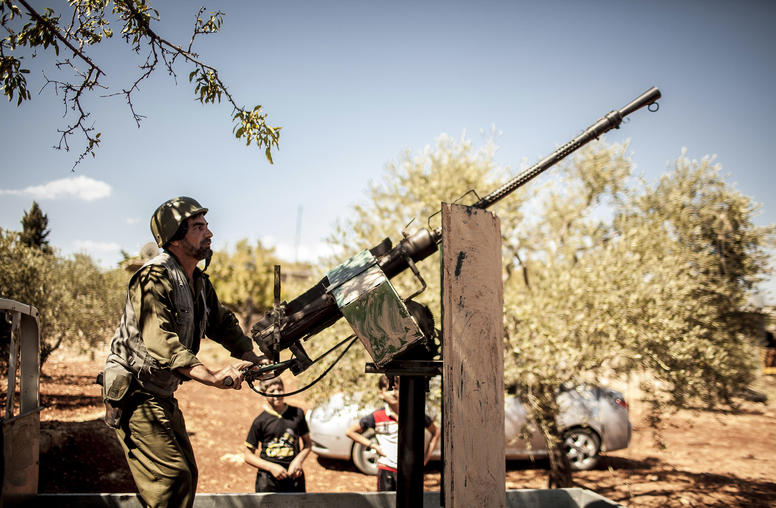
Amid Humanitarian Crisis, Syrian Regime Intensifies Idlib Offensive
Since December 1, the Assad regime—backed by Russia and Iranian-allied militias—has intensified its military offensive on Idlib, one of the last remaining rebel strongholds in Syria. The regime’s escalating attacks have spurred massive civilian displacement, deepening international concerns about an impending humanitarian catastrophe. Alarmed by the mounting violence, Turkey has broadened its military involvement in Idlib as well. USIP’s Mona Yacoubian examines the impact of the Syrian regime’s latest offensive on Idlib.
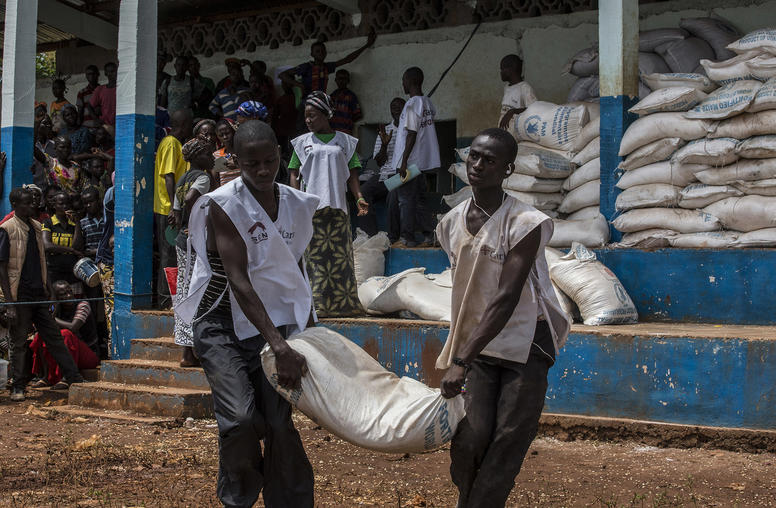
The Role of Aid and Development in the Fight Against Extremism
Extremist groups thrive in fragile states where basic needs go unmet. Development efforts can address the conditions that make people vulnerable to extremism. If you look at a map of where terrorist groups operate and where terrorist attacks occur, you will find that many coincide with locations of intractable conflict and deep development deficits. Low human development indicators, stark disparities in opportunity and access to resources, poor or scattered governance, and a history of conflict and social marginalization feature prominently among afflicted communities.
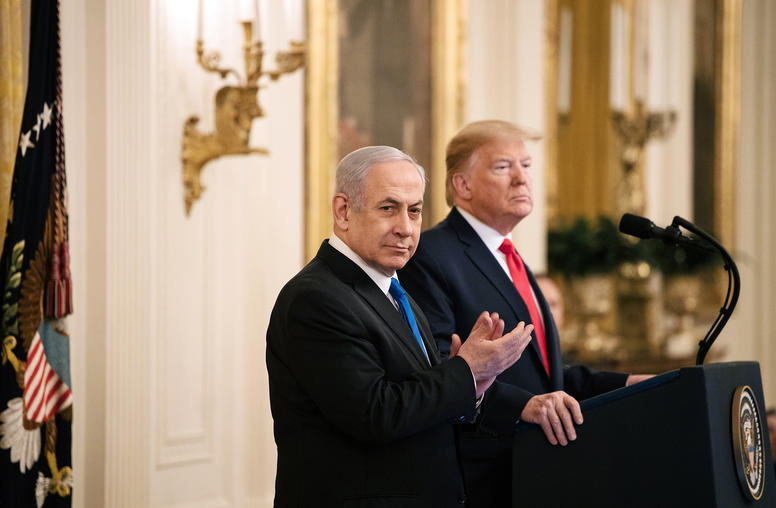
Does the Trump Administration’s Israeli-Palestinian Plan Offer a Path to Peace?
Yesterday, at an East Room gathering, President Trump, alongside Israeli Prime Minister Benjamin Netanyahu, unveiled his administration’s plan to address the Israeli-Palestinian conflict. As promised at the outset of his remarks, the approach represents a vision “fundamentally different from past proposals.” The event itself—with the plan unveiled by U.S. and Israeli leadership—presented a visual that underscored this difference, and the challenge this plan faces if it is to chart a course to peace.
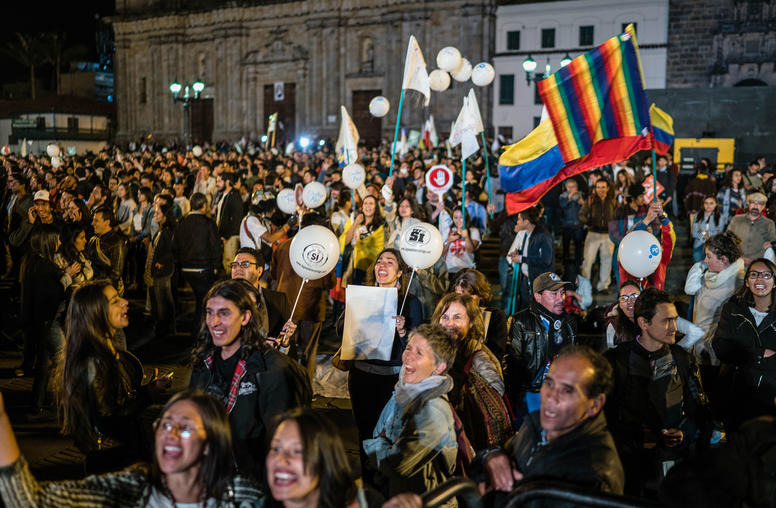
Colombia’s Imperfect Peace Could Provide a Roadmap for Afghanistan
The Afghan peace process was jumpstarted in September 2018 when President Trump appointed Ambassador Zalmay Khalilzad as special representative for Afghanistan reconciliation. Since then, Khalilzad has led 10 rounds of U.S.-Taliban talks, with negotiations focusing on two issues: ensuring the Taliban’s commitment to prevent transnational terrorists from using Afghanistan as a base for attacks, and a U.S. military withdrawal. As the search for peace in Afghanistan continues, what lessons can be learned from other peace processes that could apply to Afghanistan? Colombia’s imperfect peace agreement with the FARC is one especially relevant international reference point for Afghanistan—we explain why.
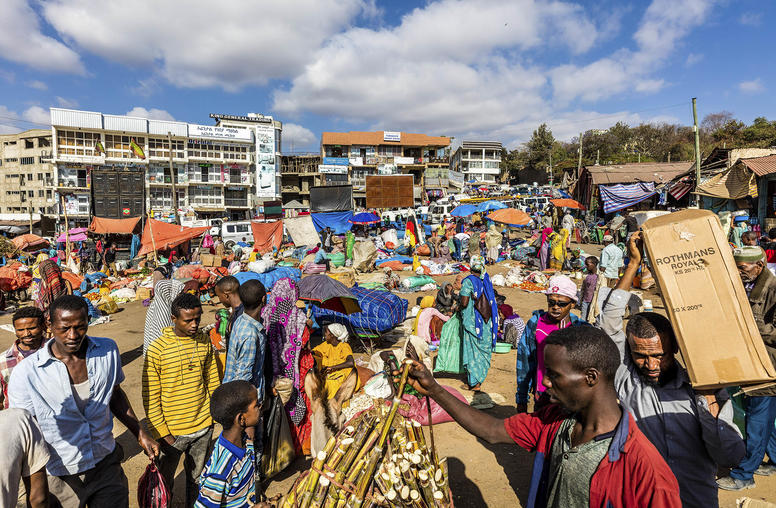
The Middle East’s Complicated Engagement in the Horn of Africa
The Gulf states increased assertiveness in the Horn of Africa has garnered substantial attention of late, particularly the proliferation of military installations and ports and the increase in military and economic aid. Less attention has been paid, however, to the role Middle Eastern countries have played in attempting to resolve some of the Horn’s most intractable conflicts, efforts that in some cases pre-date the more recent security and economic engagements.
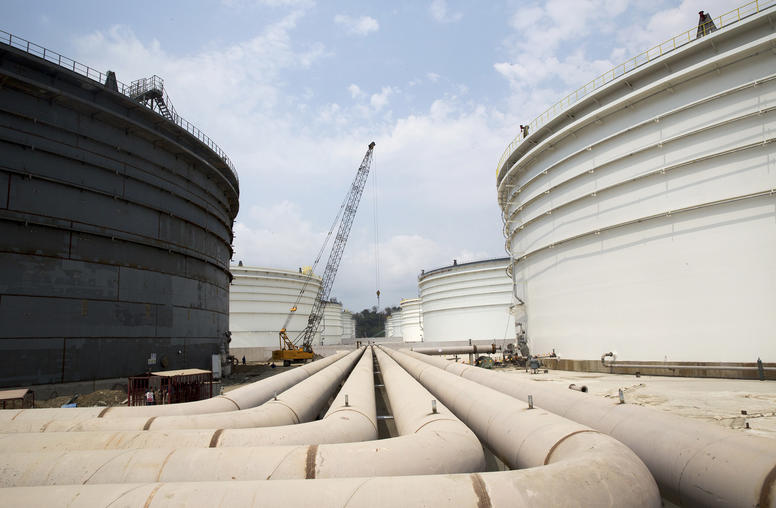
Xi Jinping’s Visit to Myanmar: What Are the Implications?
From January 17-18, the chairman of China’s Communist Party, Xi Jinping, travelled to Myanmar to promote bilateral ties and advance construction of the China-Myanmar Economic Corridor (CMEC). The visit saw the two sides commit to an ambitious economic agenda and building what China terms a “community of shared destiny.” The declarations of cooperation, however, failed to provide any clarity on how CMEC will address the countless questions and concerns that Myanmar has struggled with since its independence in 1948—issues likely to profoundly affect the two countries’ joint endeavors.
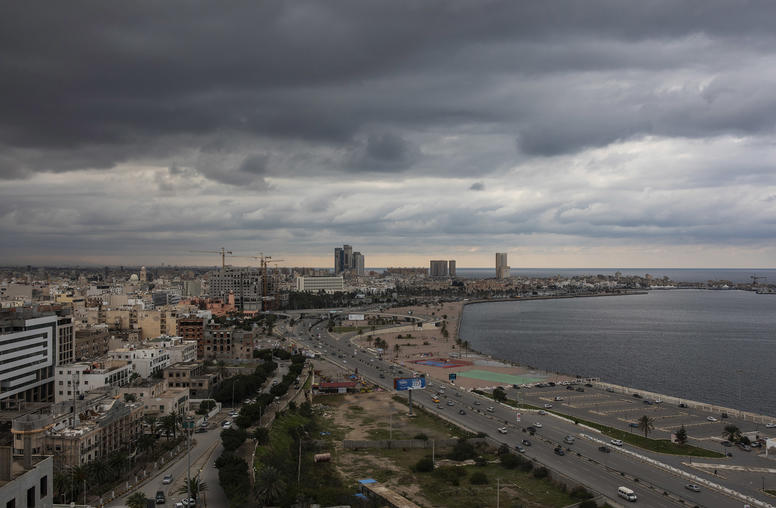
After Berlin, Will Foreign Actors Back Out of Libya’s Civil War?
Tags: Dialogue, Mediation & Negotiation Published: January 21, 2020 / By: Nate Wilson; Thomas M. Hill More than eight years since the death of Col. Muammar al-Qaddafi, Libya remains in state of protracted conflict with rival governments in Tripoli and Tobruk. Backed by the U.N., the Tripoli-based government has been at a stalemate with the eastern-based Libya Arab Armed Forces (LAAF) led Field Marshall Khalifa Haftar, who launched an assault on Tripoli in April. Foreign backers have flooded into the country to advance their own interests—but this has only exacerbated the conflict. Over the weekend, a long-delayed conference in Berlin aimed to put Libya on a path to peace and end foreign interference. USIP’s Nate Wilson and Tom Hill explain what happened at the conference, how the U.S. fits into this picture and where Libya’s conflict goes from here.
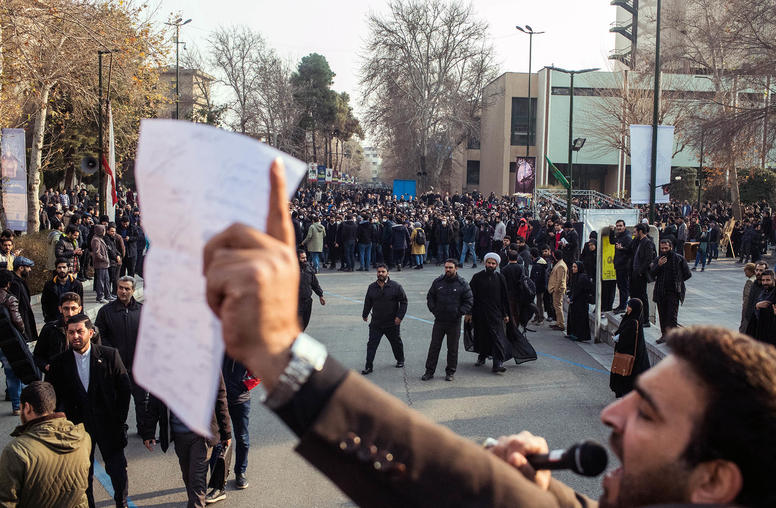
The Latest on Iran’s Evolving Protests
Iran has been rocked by a series of developments in recent months, from the mass protests over raised fuel prices to the killing of powerful Iranian commander Qassem Soleimani. Over the weekend, protesters returned to the streets, spurred by the military’s mistaken downing of a Ukrainian passenger jet. As in past protests, like 2009, the government has met demonstrators with a draconian and violent response. USIP’s Garrett Nada and Maria Stephan explain how the protests have evolved over time and how demonstrators could use nonviolent tactics against the repressive regime.

Where Public Health and Peacebuilding Converge
In many ways, peacebuilding and public health are kindred disciplines in that they both require whole-of-society approaches to succeed. But while both disciplines share similar traits, the relationship between peacebuilding and public health is often overlooked. In any country, public health services such as healthcare facilities, water sanitation, and accessible medicine are critical for citizens’ welfare. But in fragile or conflict-affected states, these services become even more important—serving as a foundation for healing and stability throughout a peace process. To examine this important dynamic, USIP’s Fouad Pervez and Chris Bosley look at three situations where the goals of peacebuilding and public health are intertwined.
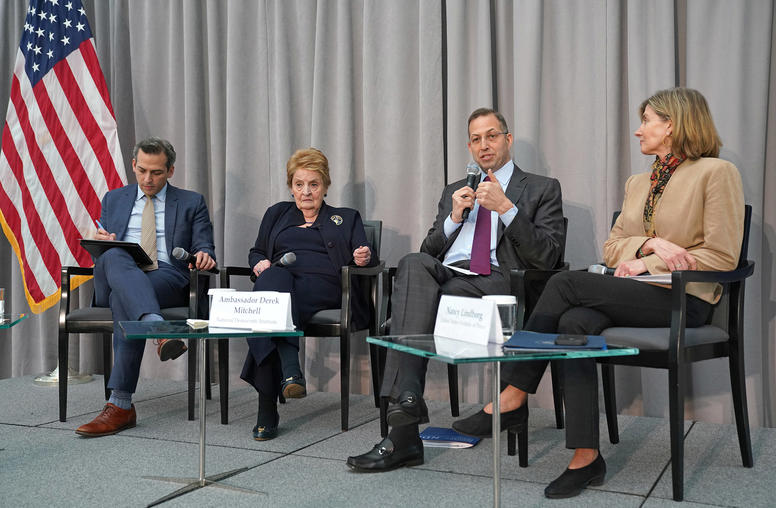
The Global Fragility Act: A New U.S. Approach
After several years of efforts by a bipartisan group of members of Congress and outside groups, Congress last month took legislative aim at a threat behind many of the world’s most pressing problems: fragile states. On December 20, as part of an appropriations package, President Donald Trump signed into law the Global Fragility Act, marking a new—if largely unnoticed— U.S. approach to conflict-prone states that can be vectors of violent extremism, uncontrolled migration, and extreme poverty.